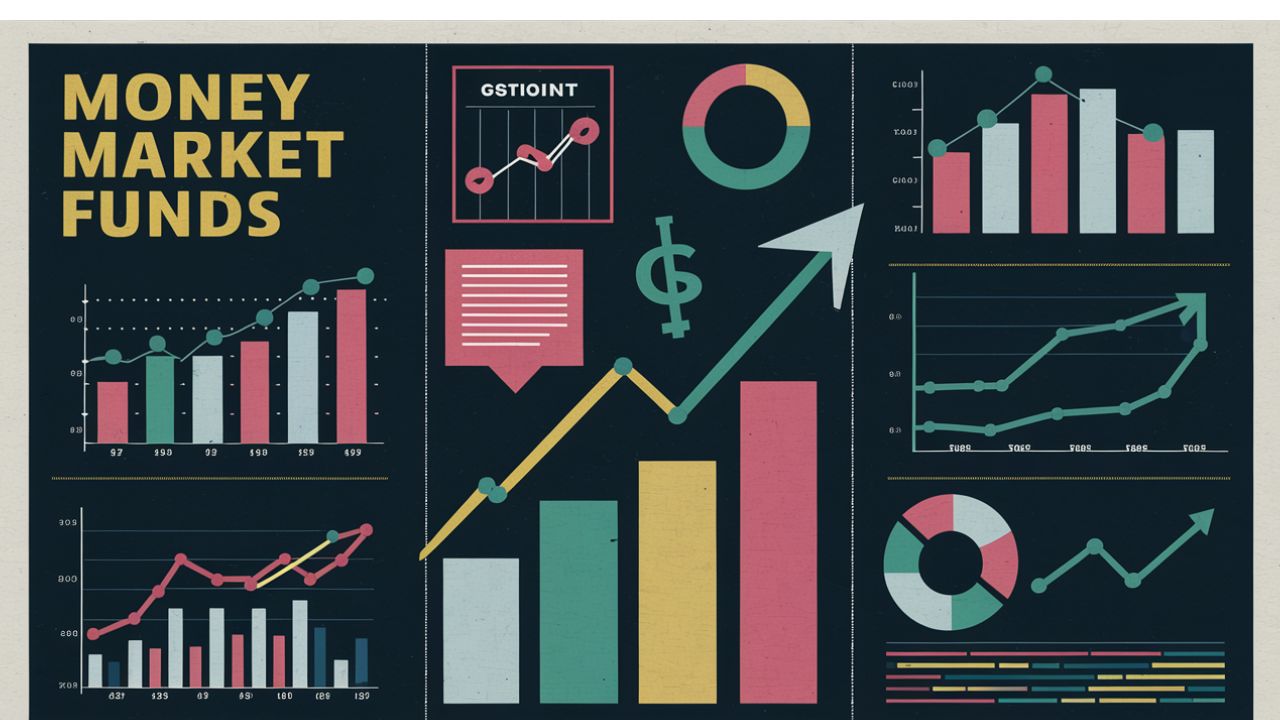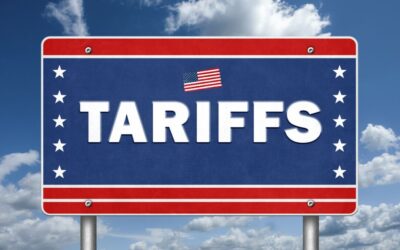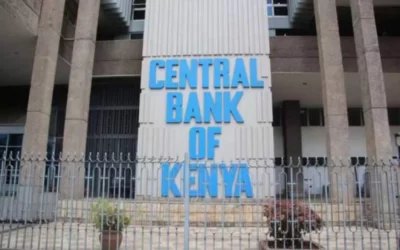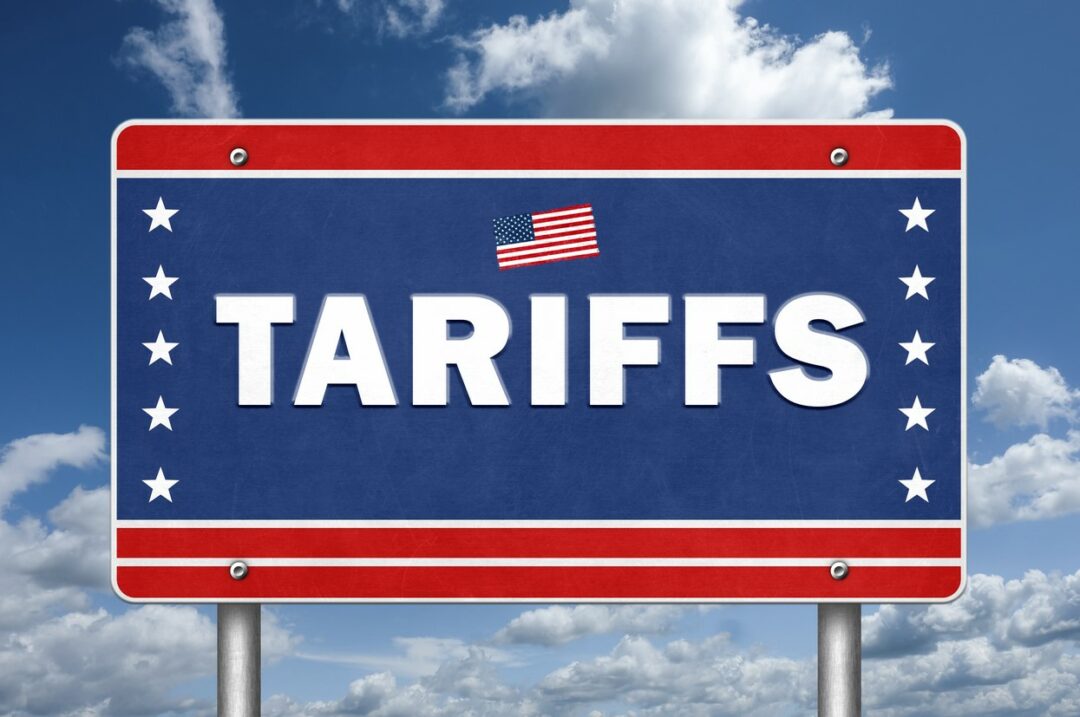Money Market Funds In Kenya: A Guide

Money Market Funds (MMFs) have become incredibly popular investment options in Kenya. They’re attractive because they invest in safe and highly liquid assets like cash equivalents, government securities, and high-quality debt instruments, offering better returns than traditional savings accounts. Let’s dive into what you need to know about MMFs.
Understanding Money Market Funds
Imagine a Money Market Fund (MMF) as a big pie. When you buy units of an MMF, you’re essentially getting a slice of this pie, which includes investments in commercial paper, treasury bills, and fixed deposits. These funds are managed by Professional Fund Managers who invest your money across these asset classes.
Let’s start with the basics: What exactly is a money market fund?
A Money Market Fund (MMF) is essentially a mutual fund that invests in various low-risk, short-term asset classes. These asset classes typically include:
- Commercial Paper: These are short-term debt instruments issued by corporations to finance their immediate cash flow needs.
- Treasury Bills (T-Bills): These paperless instruments are short-term borrowings by the Government via the Central Bank of Kenya to raise funds on a short-term basis.
- Fixed Deposits: Financial instruments offered by banks that offer investors higher interest rates than regular savings accounts until maturity.
Professional fund managers oversee these funds, aiming to provide investors with stable returns while safeguarding their capital.
The MMF Ecosystem
In the world of MMFs, several key players ensure everything runs smoothly. These include:
- Professional Fund Managers: These are companies registered and regulated by the Capital Markets Authority (CMA). They handle investment portfolios and ensure your funds are invested according to the fund’s objectives.
- Custodians: These banks hold investors’ money and release it based on the fund manager’s decisions, following the fund’s policy. They must be approved by the CMA.
- Trustees: They safeguard investors’ interests, holding both the Fund Manager and Custodian accountable. They are chosen by the fund manager and vetted by the CMA.
- Auditors: They review the fund’s financial statements, helping investors assess its performance.
Due to this robust oversight, MMFs are considered low-risk investment options. However, it’s crucial to scrutinize the identities of these service providers before choosing an MMF to invest in.
Performance and Benefits of MMFs
MMFs are attractive for several reasons:
- Good Returns: They offer average returns of around 8.9%, higher than inflation rates and bank deposits.
- Liquidity: MMFs invest in easily liquidated securities, providing investors with quick access to cash.
- Regulatory Oversight: CMA ensures MMFs operate within legal frameworks, making them low-risk investments.
- Professional Management: Experienced professionals manage MMFs, making informed investment decisions based on research.
- Low Entry Costs: Many MMFs have low minimum investment amounts, making them accessible to a wide range of investors.
- Diversification: MMFs allow investors to access a broader range of securities, spreading risk.
- Easy Accessibility: MMFs allow quick access to funds within the account’s transaction limit, making them ideal for emergency funds. Transactions typically take about three working days.
- Low-Risk and Safe: MMFs are considered one of the safest investment options, providing a balance between low risk and reasonable returns.
- Transparency: Monitoring an MMF’s performance and earnings is straightforward.
Choosing the Right MMF
When selecting an MMF, consider:
- Past Performance: Evaluate the fund’s historical average returns, often available in local newspapers as required by the CMA.
- Minimum Investment and Top-Up Amounts: Know the minimum required to open an account and subsequent top-up amounts, often as low as Kshs 500.
- Consistency: Look for consistent fund performance to ensure reliability.
- Expenses: Compare management fees across different MMFs to minimize costs. Note that interest earned in MMFs is subject to a 15% withholding tax.
Risks Associated with Money Market Funds
While MMFs offer many benefits, it’s essential to be aware of potential risks:
- Non-Government Insurance: MMFs are not insured by the Kenya Deposit Insurance Corporation (KDIC), although they generally entail low risk.
- Variable Returns: Returns depend on the fund manager’s performance; low returns by the manager can result in lower investor earnings.
- Inflation Risk: Although MMFs can provide high returns, they may not always beat inflation rates, potentially affecting purchasing power.
As we wind up, investing in MMFs is a smart move for anyone looking to grow their savings while managing risk. With their higher returns, liquidity, and regulatory oversight, MMFs offer a reliable investment avenue. Plus, their low entry costs make them accessible to many investors, fostering a culture of saving and financial growth.
Frequent asked Questions:
- Does KCB have a money market fund in Kenya?
Yes, Kenya Commercial Bank (KCB) offers a money market fund in Kenya. KCB’s money market fund provides investors with an opportunity to invest in a diversified portfolio of low-risk securities, offering potential returns higher than traditional savings accounts. - Which is the best money market fund in Kenya for 2024?
Determining the best money market fund in Kenya for 2024 requires thorough research and analysis closer to that time. Factors such as fund performance, management strategies, economic conditions, and regulatory changes can impact the ranking of money market funds from year to year. It’s advisable to regularly monitor the performance of various funds and consult with financial experts to make informed investment decisions in 2024.
- Which money market fund is best in Kenya?
The best money market fund in Kenya can vary depending on your specific investment goals, risk tolerance, and other factors. It’s essential to research and compare different funds based on factors such as historical performance, management fees, minimum investment requirements, and regulatory compliance. Consulting with a financial advisor can also help you identify the best option for your needs. - How can I join a money market fund in Kenya?
To join a money market fund in Kenya, you typically need to follow these steps:
- Choose a reputable money market fund based on your investment objectives.
- Contact the fund manager or visit their website to get detailed information about the fund, including minimum investment requirements and application procedures.
- Complete the required application forms provided by the fund manager.
- Submit the application forms along with the necessary supporting documents, such as identification and proof of address.
- Once your application is processed and approved, you can deposit the required funds into the money market fund account.












Is the increasing value of Bitcoin sustainable in the long term or are we headed towards another volatile crash in the cryptocurrency market?